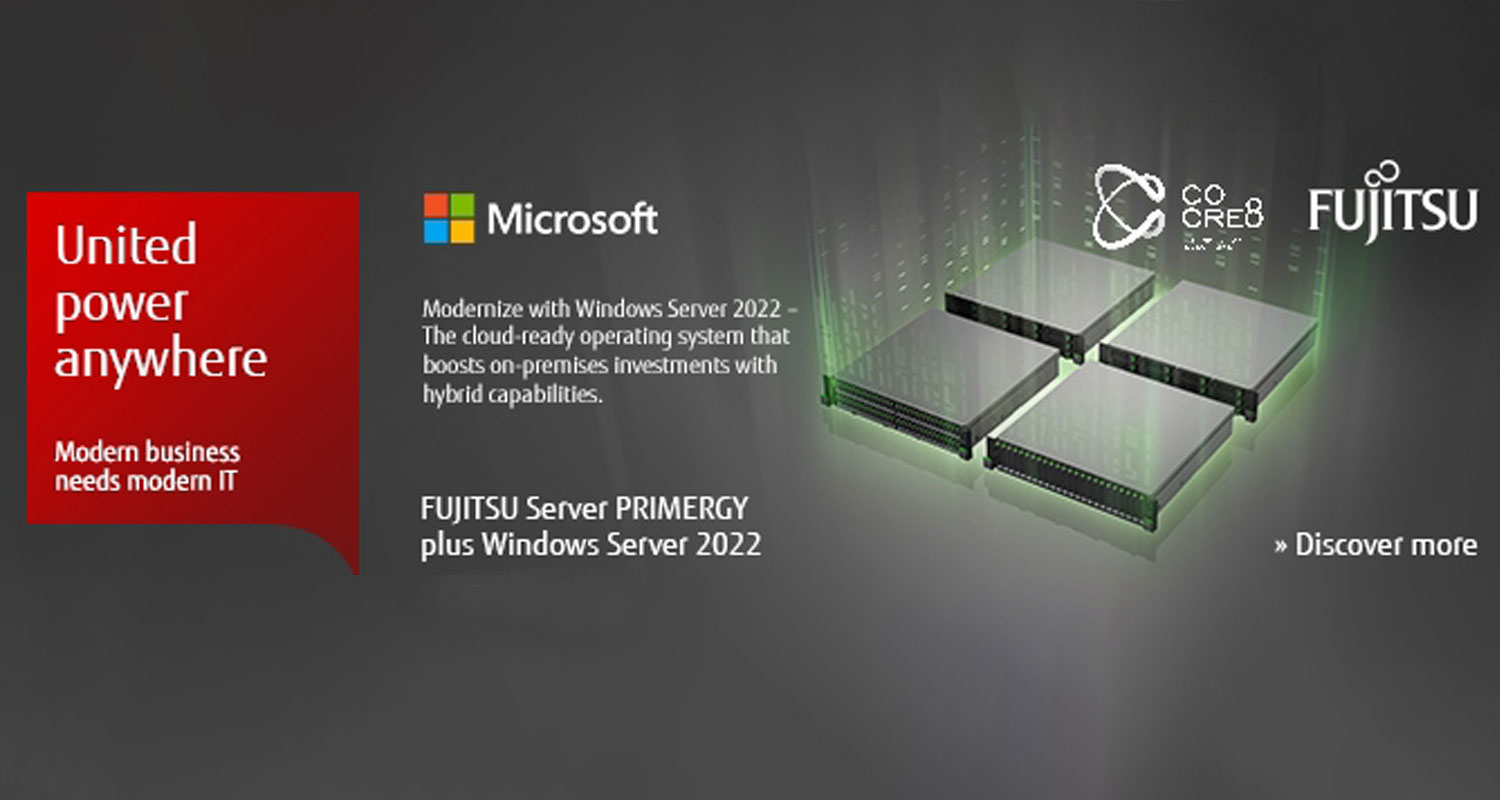 In the information era, there is little doubt that the data centre remains the lifeblood of every business. However, a digitally transforming world creates new challenges in this area, the most notable of which is the difficulty of modernising effectively, while still remaining secure and protecting those legacy applications that are still vital to the business.
In the information era, there is little doubt that the data centre remains the lifeblood of every business. However, a digitally transforming world creates new challenges in this area, the most notable of which is the difficulty of modernising effectively, while still remaining secure and protecting those legacy applications that are still vital to the business.
Modern apps are critical to effective operations, and customers today have an expectation that they will be able to interact with these whenever and wherever they are required. This means that the infrastructure these apps run on also needs to be highly available.
The challenge, says Abdul Moosa, chief technology officer at CoCre8, is that the older, legacy data centre platforms simply don’t have the necessary scalability or performance to keep up with these new customer demands. This is why data centre modernisation is crucial.
“You could compare the role of a modern data centre to that of a power utility: with the latter, the user doesn’t need to know how power is generated or distributed – all they want is for it to be there when they flick the switch. The same goes for the data centre, since all that matters to the user is that the apps are available and operational,” he says.
“And if you want your apps to be always available, the legacy approach of being tied to a single service provider, platform or physical data centre is archaic and ineffective. Moving the data centre into the cloud, for example, will offer consumers seamless effort, no manual intervention and an always-on service.”
Moosa adds that this will deliver additional benefits, too, including improving the organisation’s agility, while having the correct data centre ingredients in play will also mean it is easy to spin up new services rapidly. This is because the cloud eliminates the traditional rigid design architecture and project methodology that was previously required to achieve this.
Learn more at www.cocre8.africa/solutions
“A modernised data centre gives you the capability to simply click a button and spin up new services on demand. This agility translates into greater competitiveness, increased revenue, and both happier customers and employees. Moreover, it reduces the organisation’s reliance on scarce and expensive legacy skill sets.
“It is also worth noting that a digitally transformed data centre is key to leveraging the latest technologies – like artificial intelligence and advanced analytics – that are vital to delivering a competitive edge.”
Compliance challenges
Moosa points out that modernising does come with its own set of security challenges, since in the legacy space most systems are either not end-user-facing or are not connected to the Internet. In a world of consumption via digital channels, there are many more customer-facing channels and thus more of your business information is exposed to the outside world. This, says Moosa, increases the regulatory and compliance challenges.
“To this end, it’s important that security should be incorporated into the design principles of the new data centre. Whereas security was often an afterthought in the past, a modern data centre must be secured by design.
“CoCre8 has a wealth of experience in terms of architectural capabilities and personnel who understand both the technical and the business world. This means we can assess and understand the clients’ business outcomes and, thanks to key partnerships with enterprises like Microsoft, VMware and Nutanix, we can design a fit-for-purpose, modernised data centre that will be correctly engineered to solve existing legacy issues as well. This is why we are seen as a consultative, trusted partner in this space,” he concludes.
For more information, visit www.cocre8.africa/solutions.
- This promoted content was paid for by the party concerned




